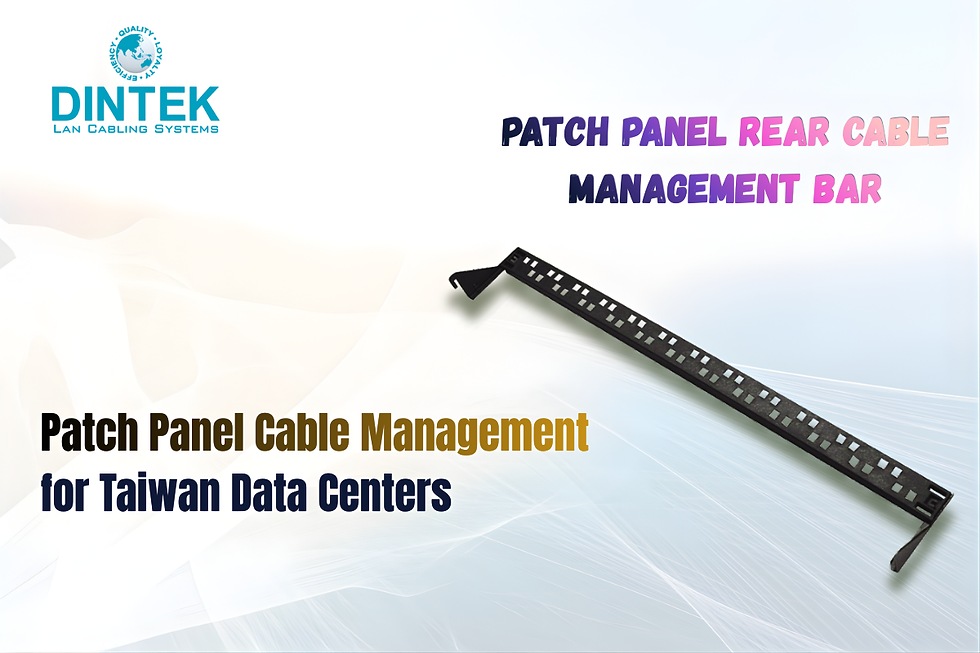4 Essential Tips For Fiber Optic Cable Installation
- dinteklancabling
- Jun 1, 2020
- 2 min read

It is no surprise that the introduction of fiber optic cable has made things quite convenient for those who need LAN cable for long term use. From faster speed to better safety, these network cables have made so many things possible.
However, this newly used technology for data transfer, just like any copper wire needs to be well-organized and fitted in the right condition for it to work at its best. This brings us to our topic here today. Knowing that simply understanding the benefits of fiber optic cables isn’t enough to ensure productivity for your workplace or home network.
What you need to learn is some common tips that will prove helpful to you while installing these cables. Given below are 4 of these tips that you must go through:
Plan The Installation
Fiber optic cables installation is categorized into different types and all of these types require proper planning and inspection to avoid some silly mistake that can lead to damages and loss. Your planning must include deciding the number of cables that you want, where they need to be installed, the use of network components, and more. Make sure that each wire is already tried and tested so that you don’t end up using a damaged cable.
The Cable’s Protection
Next, during installation, most people tend to forget the importance of keeping your cables protected. Remember that just using them in the right place is not the only thing. With the use of the latest equipment such as fiber optic connectors, you can keep your cables maintained and efficient. Even if you need to invest a little more than you wanted to, it will be worth it since you won’t need to spend more money on cables any time soon.
Tensile Rating Of The Cable
Every fiber cable has its tensile rating as specified by its manufacturer. While installing them, always check that the maximum tensile rating of the cable should not exceed the installation process. When the cable is pulled with an electronic device, don’t forget to monitor its tension. You need not do the monitoring if you are pulling the cables manually. In case, you are going to install these cables indoors, you can use pull boxes that allow cable access for back-feeding at evert third 90-degree bend.
Use The Right Tools And Techniques
We all know that there is no shortage of tools when it comes to fiber-optic technology. But you must know which one to use and when. These tools are an additional advantage not just during installation but for a long time even after that. For example, with the help of fiber patch cables, you can easily manage your cable and protect it from external damage. Similarly, there is much more such equipment that once used correctly be very beneficial.
Conclusion
Are you going to install fiber cable at your workplace? Then don’t forget to consider the given points. And if you want to buy the latest fiber optic tools then, carry out your shopping online at Dintek.



Comments